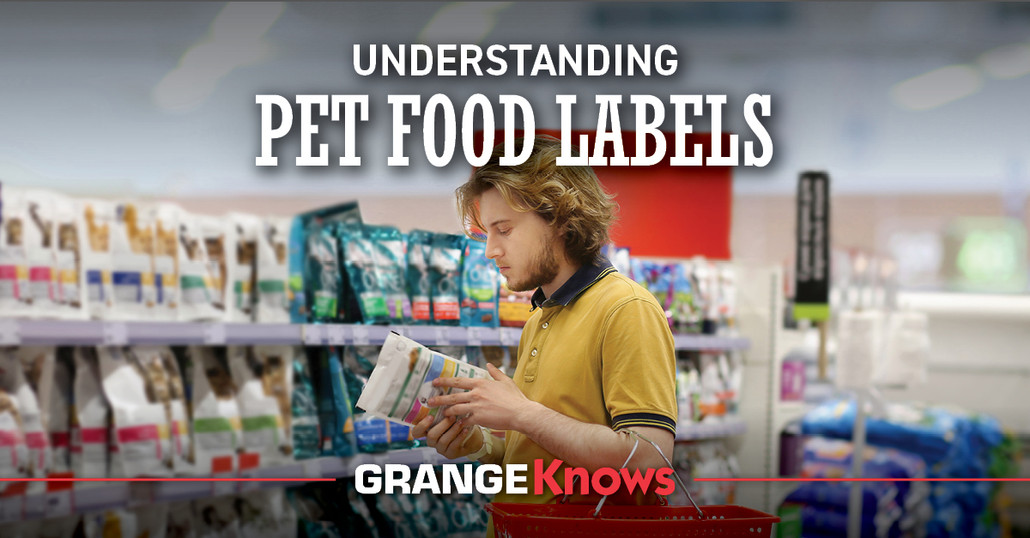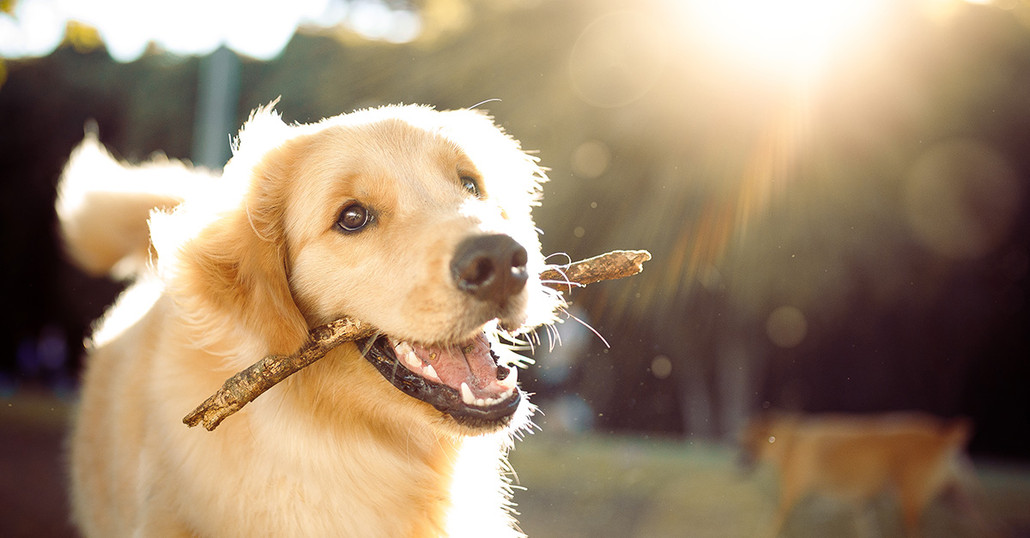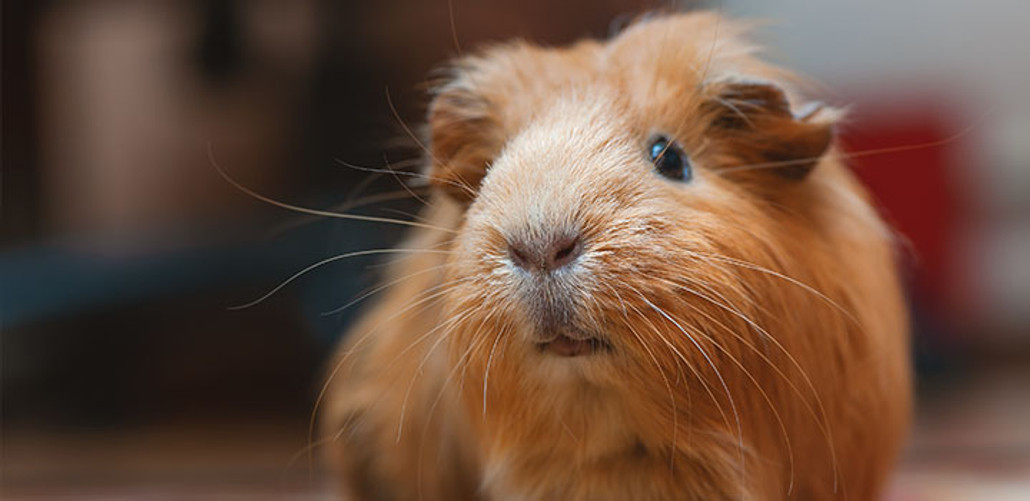Posted by Grange Co-op on 7th Jan 2025
When it comes to caring for your furry family members, few things are as important as their diet. You want to ensure they’re eating healthy, nutritious food that keeps their tails wagging and their purrs coming. But let's be honest—understanding pet food labels can sometimes feel like trying to read a foreign language. Fear not! In this guide, we’ll break it all down so you can confidently choose the best food for your pe… Read more
Posted by Grange Co-op on 11th Jul 2022
What to Feed Betta Fish
Betta fish look gorgeous undulating in the water, but their stunning fins can begin to droop if they are not fed a proper diet. Notoriously picky eaters, understanding how to feed betta fish should be your priority. In this blog, you will learn what you can feed this expensive fish to ensure that it remains healthy, beautiful and happy for years to come. This includes:
Fish pellets.
Live feed.
Frozen food.
Free… Read more
Posted by Grange Co-op on 2nd Jul 2018
Unlike people, whose perspiration keeps them cool, pets have hardly any sweat glands at all which can easily lead to overheating. What they do instead is pant. Panting helps dispel some of the heat but it really isn't very efficient, which is why hot weather, for both cats and dogs, is uncomfortable weather. Here are some tips to help pets stay healthier and happier in the warm summer months.Steps to Keep Pets from Overheating
Make sure you… Read more
Posted by Grange Co-op on 5th Aug 2015
Guinea pigs, also known as cavies (caviinae), are part of the rodent family. Unlike other rodents, Guinea pigs require 100% Vitamin C supplementation from hay, fortified pellets, fresh fruits and vegetables. Vitamin C (ascorbic acid) is crucial for good health. Without enough Vitamin C in their diet, Guinea pigs can suffer from scurvy just like people can. Guinea pigs need around 10-30 mg of Vitamin C daily.Signs your Guinea pig is not getting… Read more




